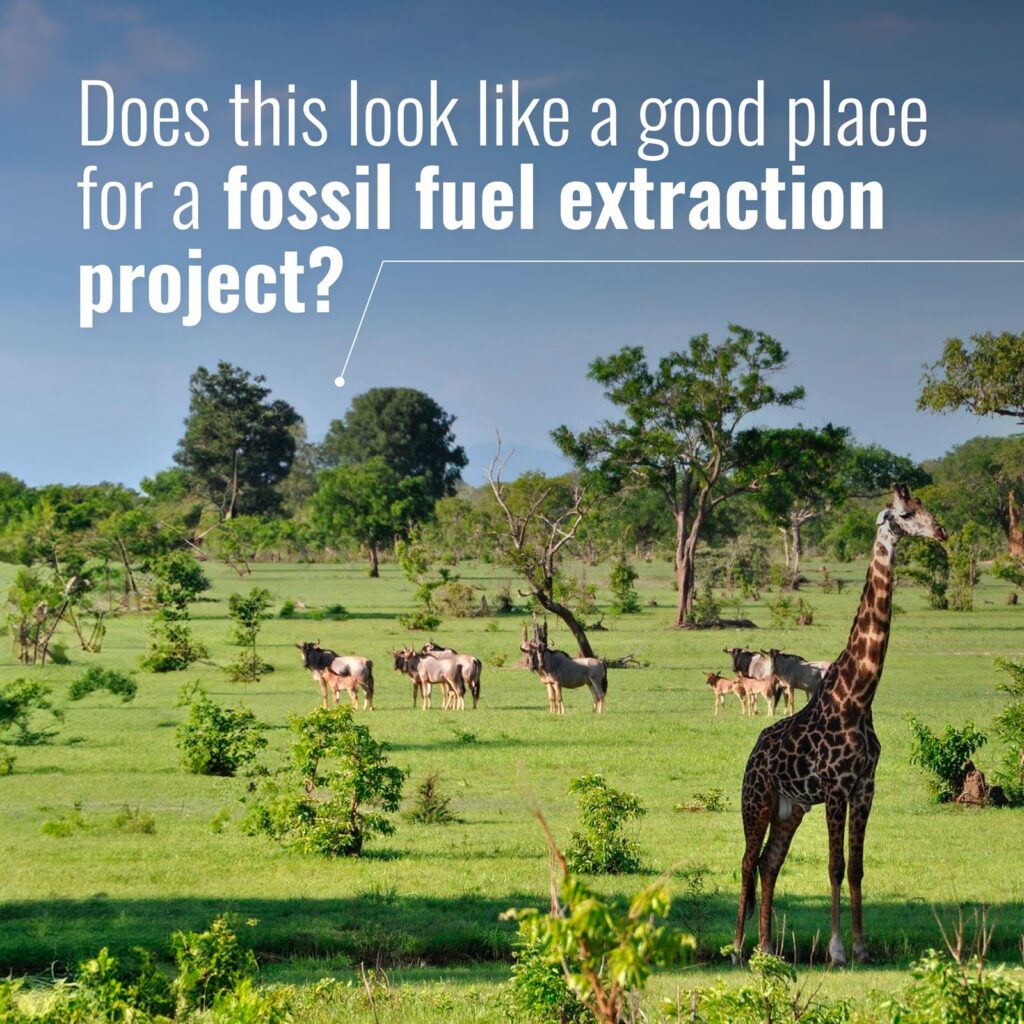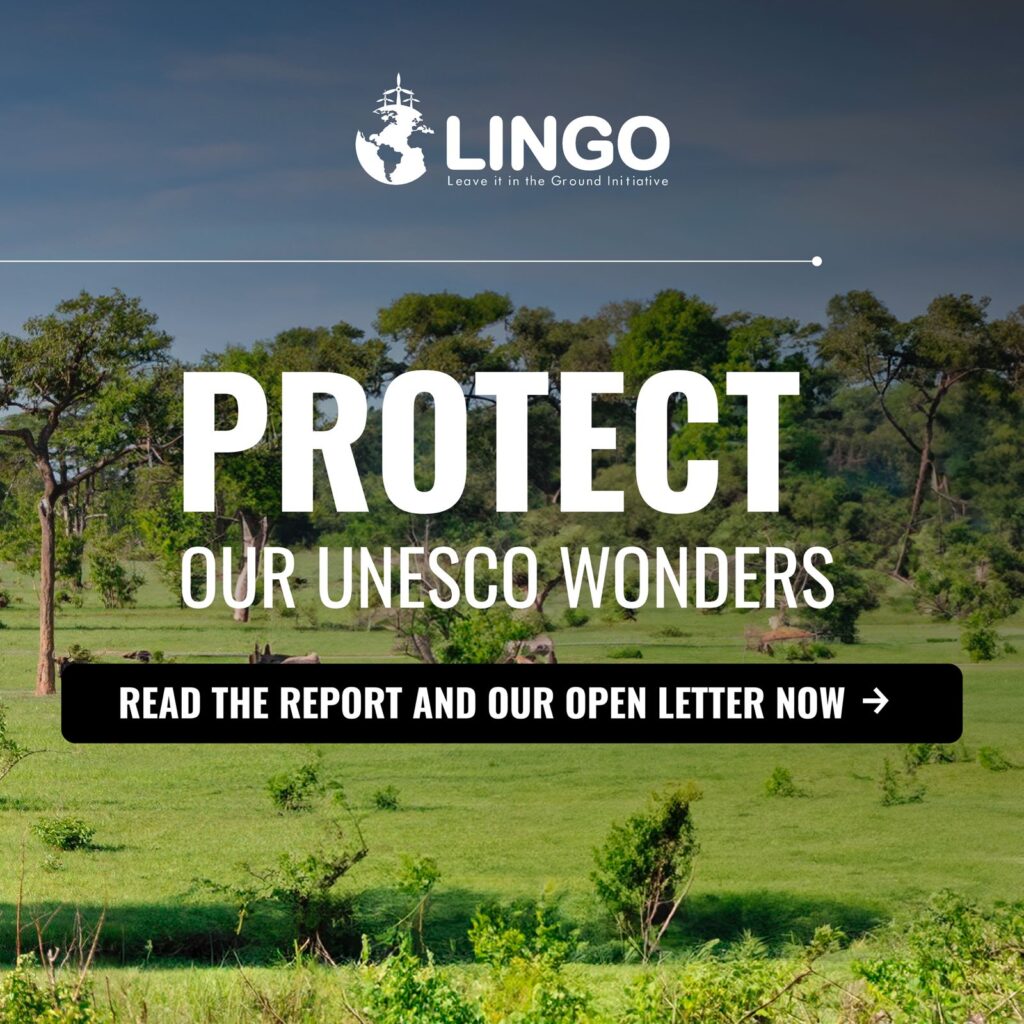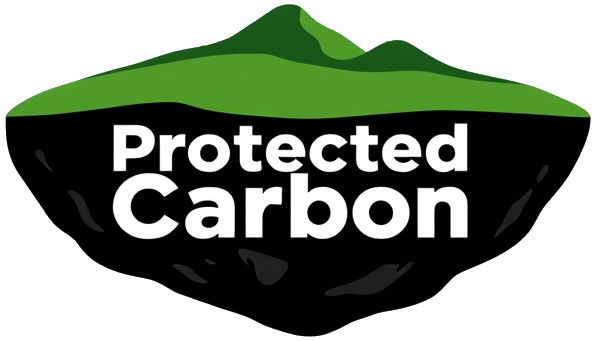The Protected Carbon team is excited to release our latest report, “Extraction at Any Cost”, focused on the fossil fuel industry’s oil, gas, and coal extraction projects in UNESCO World Heritage Sites.
Radebeul, Germany – A new report from the research group Leave it in the Ground Initiative (LINGO) reveals that UNESCO-MAB Biosphere Reserves and UNESCO World Heritage Sites are under threat by the expansive ambitions of the fossil fuel industry. These initiatives are projected to unleash approximately 11.9 billion tonnes of carbon dioxide worldwide in the coming decades, with the number of such developments expected to surge by over 70% over the same period.
“Fossil fuel projects in UNESCO-protected areas are indefensible in 2024 and represent a blatant affront to conservation efforts worldwide. While UNESCO’s mandate is clear, its power as a UN convention is limited in preventing the fossil fuel industry’s violation into these areas. It’s alarming that state-owned companies are preparing to drill in protected regions beyond 2030. If countries are serious about decarbonising their economies, then there is no justification for allowing these projects to continue.”
Alice McGown, Lead Author and Policy and Data Specialist
The report ‘Extraction at Any Cost’ highlights the urgent need for stronger protections, particularly in Biosphere Reserves. It also underscores the vulnerability of World Heritage Sites, which remain at risk from fossil fuel extraction despite UNESCO’s 2013 ‘no-go’ commitment, calling on nations and industries to cease such activities in these globally significant areas.
Key findings:
- The largest oil and gas project planned within a UNESCO Biosphere Reserve is the Hail & Ghasha mega-project situated in the Marawah UNESCO-MAB Biosphere Reserve in Abu Dhabi, United Arab Emirates, host of next year’s World Conservation Congress.
- At least 23 UNESCO-MAB Biosphere Reserves and 13 UNESCO World Heritage Sites across 27 countries are under threat by fossil fuel projects, either planned or ongoing.
- The number of fossil fuel extraction projects is expected to increase by over 70% for both UNESCO-MAB Biosphere Reserves and UNESCO World Heritage Sites within the next few decades.
- Nearly one-third of these projects are being developed within G20 nations, including in notable sites such as the renowned Discovery Coast Atlantic Forest in Brazil, the Great Barrier Reef in Australia, and the Rocky Mountain National Parks in Canada.
- South Africa is the country with the biggest potential emissions from fossil extraction projects in UNESCO areas: a complex of four coal mines in the Vhembe Biosphere Reserve that could emit more than 6.2 billion tonnes of CO2, fifteen times the country’s annual emissions.
Our Open Letter to UNESCO
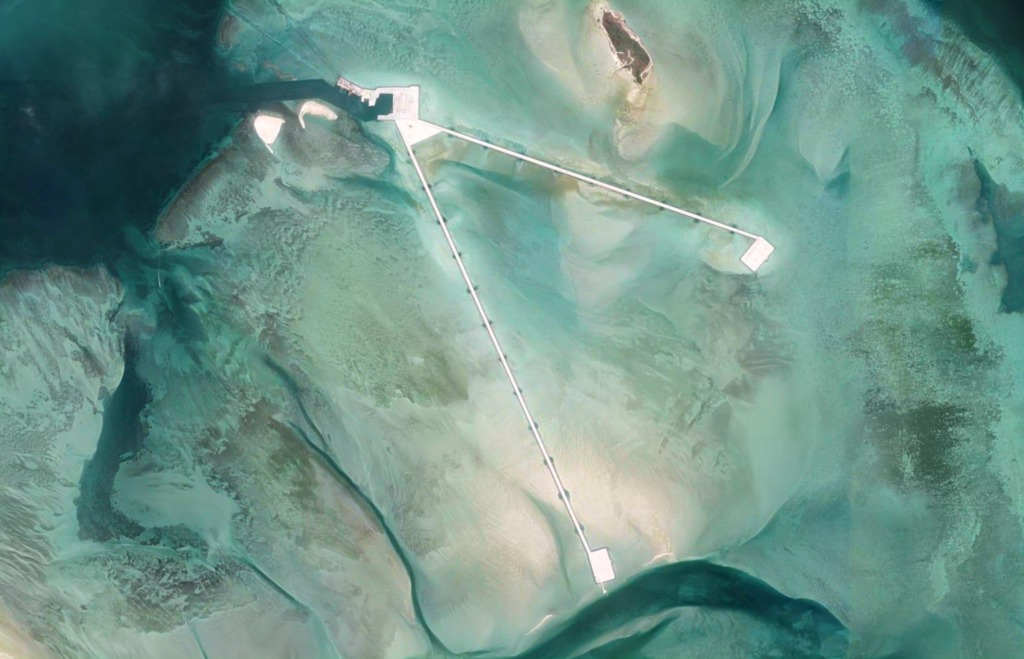
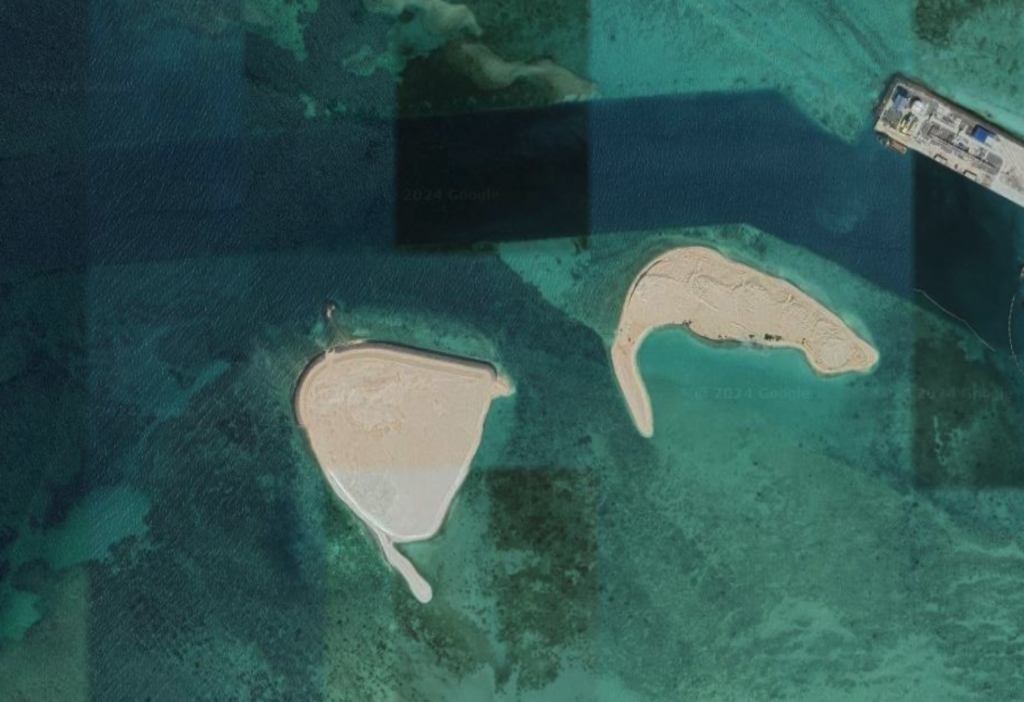
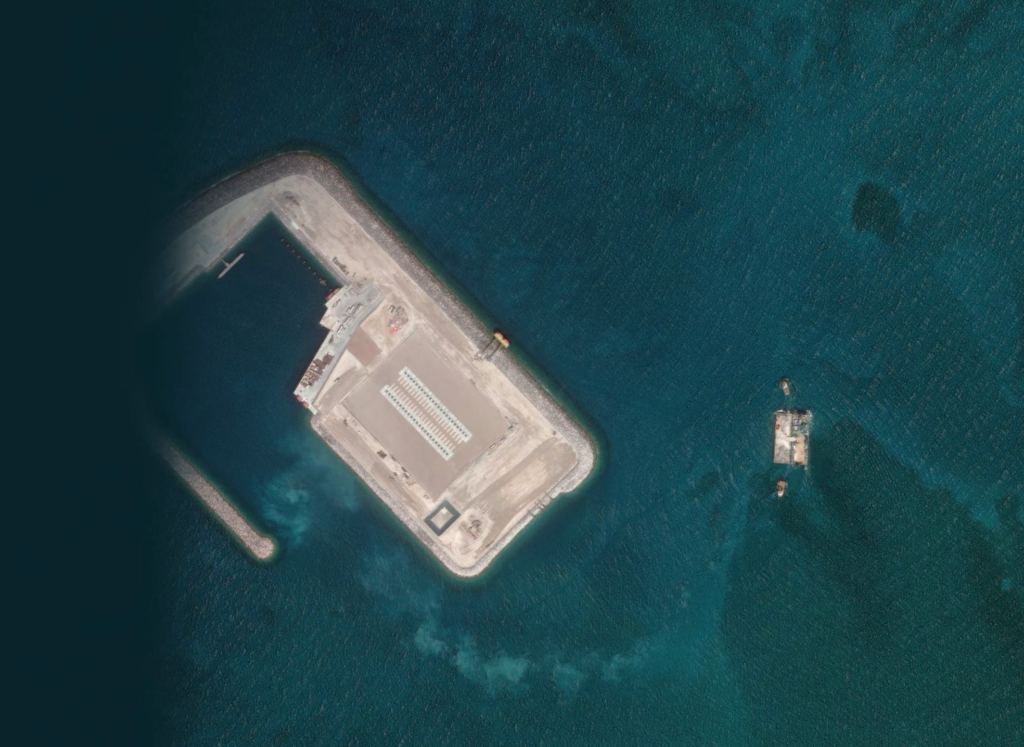
Not satisfied with just a newsworthy report, we’ve decided to go straight to the top and send an open letter to UNESCO’s leadership about one of the worst projects currently under development in the UAE’s Marawah Biosphere Reserve (part of UNESCO’s Man and the Biosphere Programme). Forty-two organisations and experts joined Protected Carbon to call on the UN agency to investigate this development in a marine protected area home to one of the world’s densest dugong clusters, rare corals, and a diverse range of marine life endemic to the region.
Read our letter to UNESCO
Letter-to-UNESCO-Oct-2024Advancing the Issue on the Global Stage

Along with our report, media coverage, and an open letter to UNESCO, we’ll be advocating for World Heritage Sites and Biosphere Reserves at this year’s top international conferences on biodiversity and climate.
At the COP16 UN Convention on Biological Diversity gathering in Cali, Colombia, we’ll be presenting as part of an official expert panel on the impacts of fossil fuel extraction in protected areas, including UNESCO-listed sites and reserves.
Our Event at COP16
Date and time
25 October, 2024, 12:00 pm – 12:30 pm (GMT-05:00)
Location
CCC Building, Green Zone
Banco de Occidente – Sala 3 (Bank of the West – Room 3)
Duration
30 minutes
Official listing
Panel de expertos. Mapping a different future | COP16 Colombia
A couple of weeks later, at the climate COP29 in Baku, Azerbaijan, LINGO’s finance specialist, Paul Boeffard, will lay out options to fund non-extraction commitments for protected areas and beyond as part of an official panel (details to come). We will release a new report on non-extraction finance to drive the conversation on honest and fair paths to protect the world’s biodiversity and cultural landmarks. (Details will come on the date and time.)
